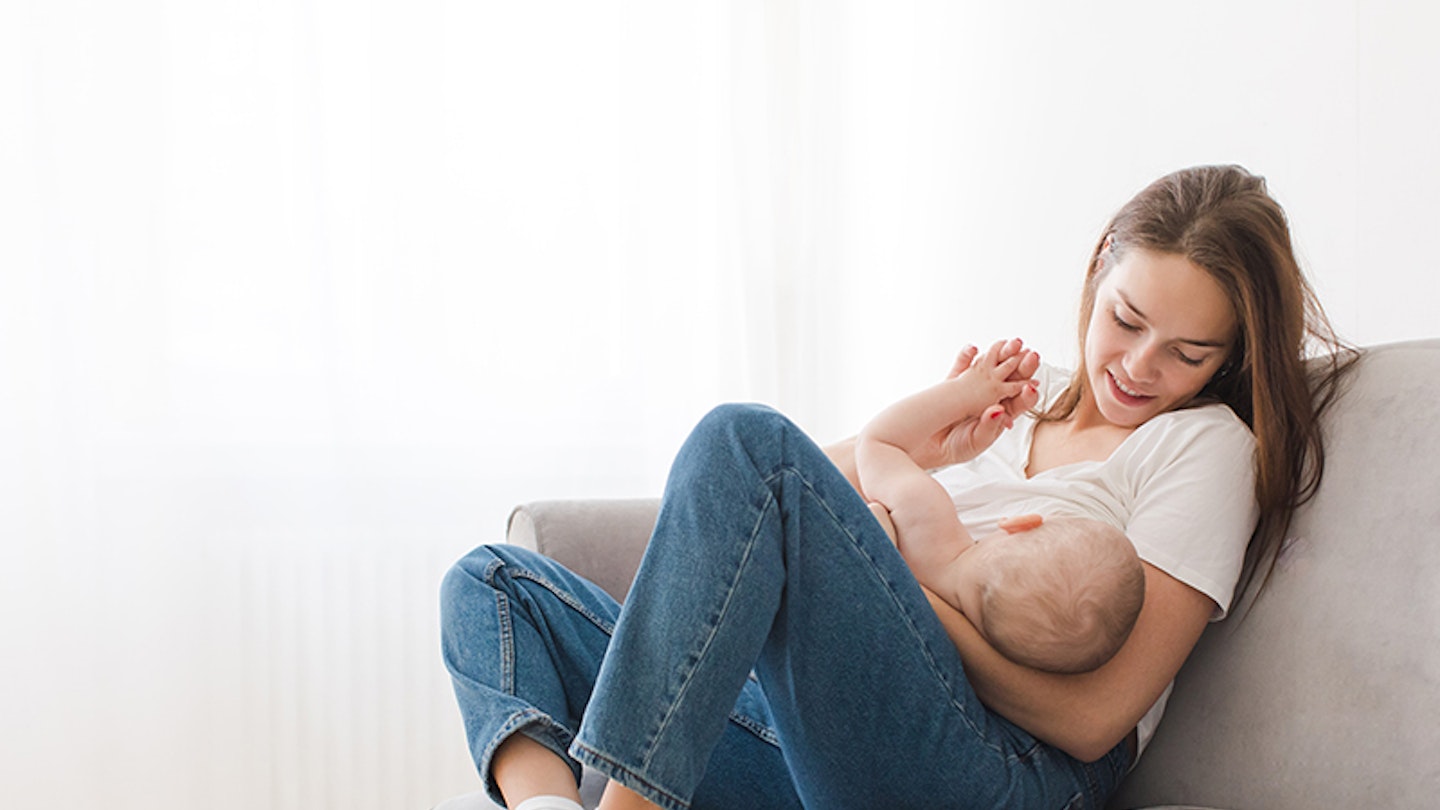Although for most women breastfeeding feels completely natural, especially once your hungry baby has arrived, being able to produce milk combined with leaky nipples does often lead to a fair share of awkward moments.
Here are some of the hilarious things that have happened, or, could happen while feeding your little one.
9 amusing things that can happen when breastfeeding
 1 of 9
1 of 91) The loud yelp
You’re feeling pretty proud that you’ve got this breastfeeding business sorted, but now and again, your baby likes to keep you on your toes. And that can be in the form of a cheeky nip of your nip, which not surprisingly results in a yelp from you.
Expect funny looks from people when you’re in the M&S café and they hadn’t realised what you were doing.
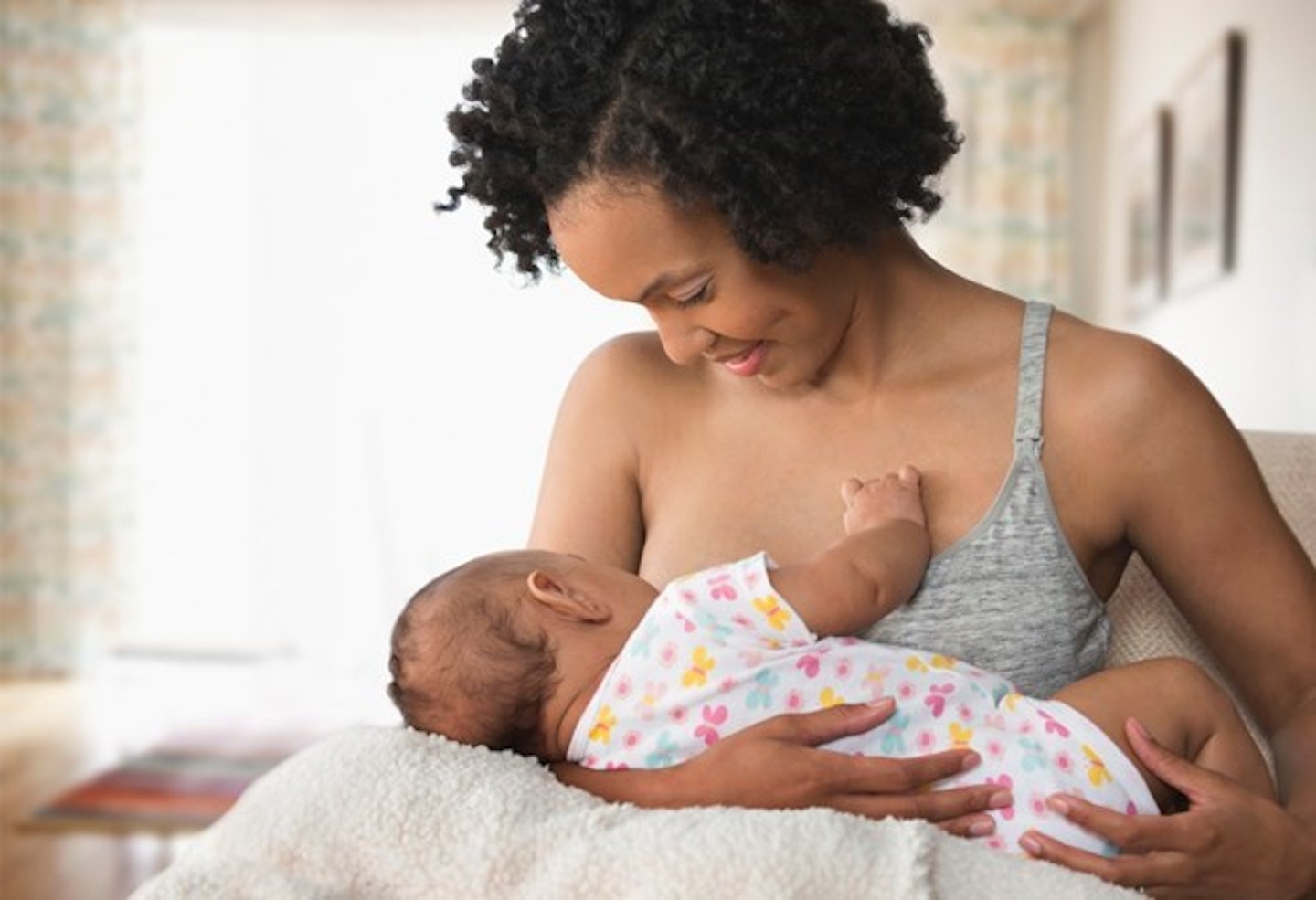 2 of 9
2 of 92) The inappropriate squirt
You’re happily nursing away and minding your own business when your baby suddenly ‘unplugs’ himself, but the milk keeps flowing. Everywhere. Have the ubiquitous muslin ready to mop up any, um, spills.
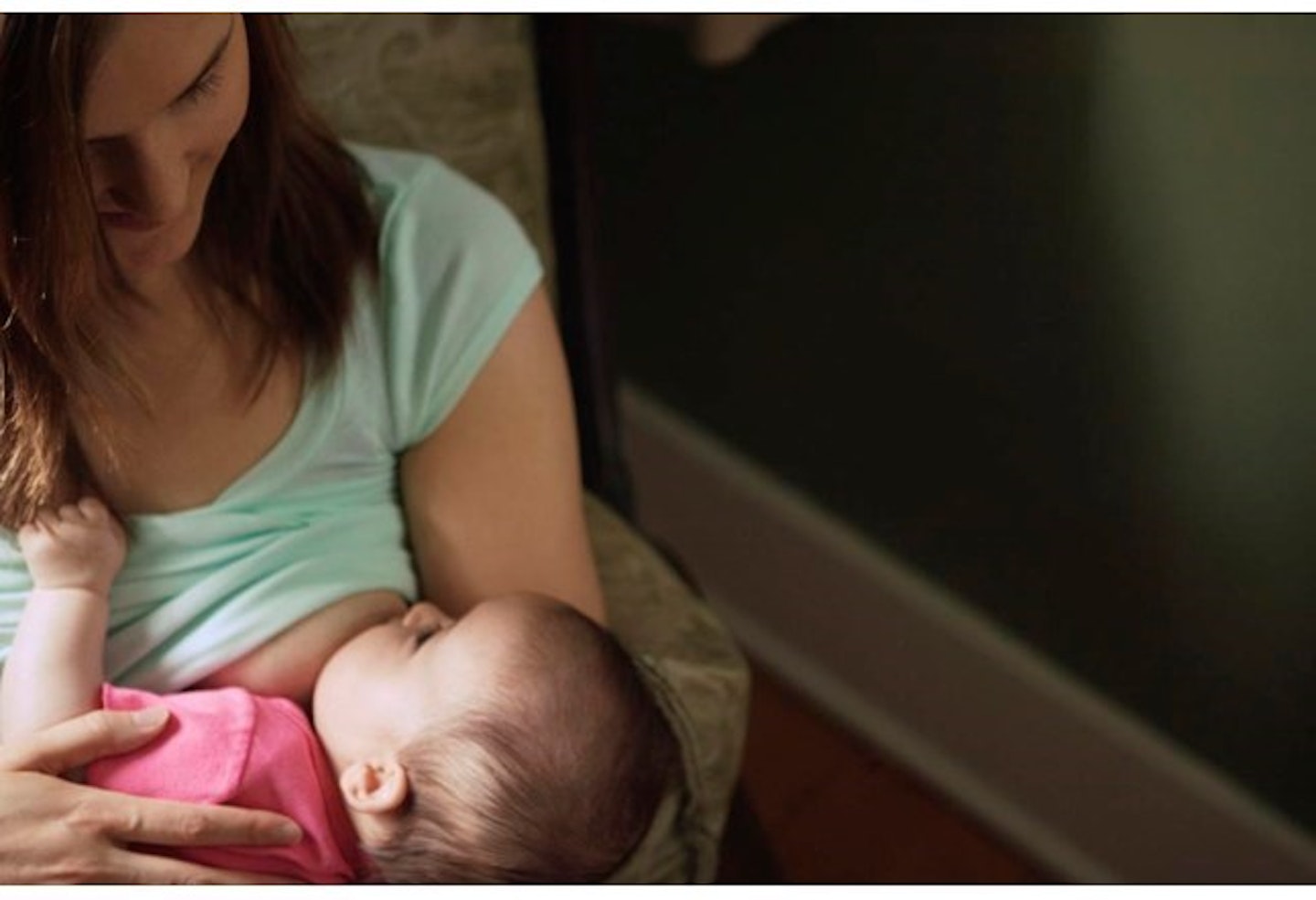 3 of 9
3 of 93) The smile
There’s nothing more heart-warming than when you and your baby make eye contact while breastfeeding, especially when your baby gives you a big, beaming smile. At which point, a mouthful of milk usually dribbles out, but you’re too loved up to care.
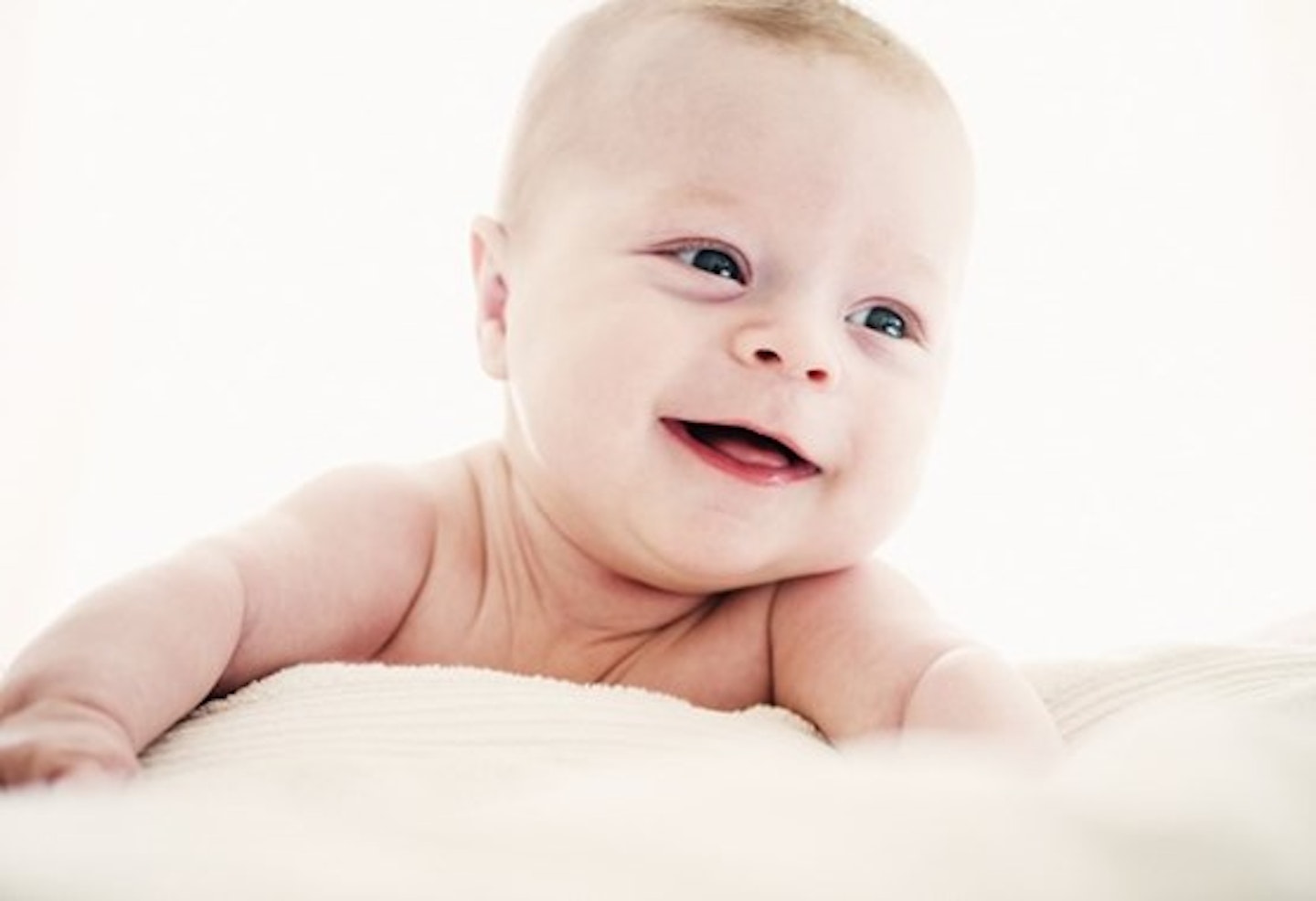 4 of 9
4 of 94) The little drunken sailor
After a satisfying feed, you lift your baby up for a quick windingand he has the same blissed out, hiccupy, dazed look on his face as someone who’s been in the pub all day. If only you could get as drunk on milk…
 5 of 9
5 of 95) The sound effects
Slurping, cooing, grunting, humming – it’s an orchestra of happy sounds when your baby is breastfeeding.
Fine when you’re on your own, but it does tend to provoke funny looks when people don’t realise what you’re doing and think it’s you doing the grunting.
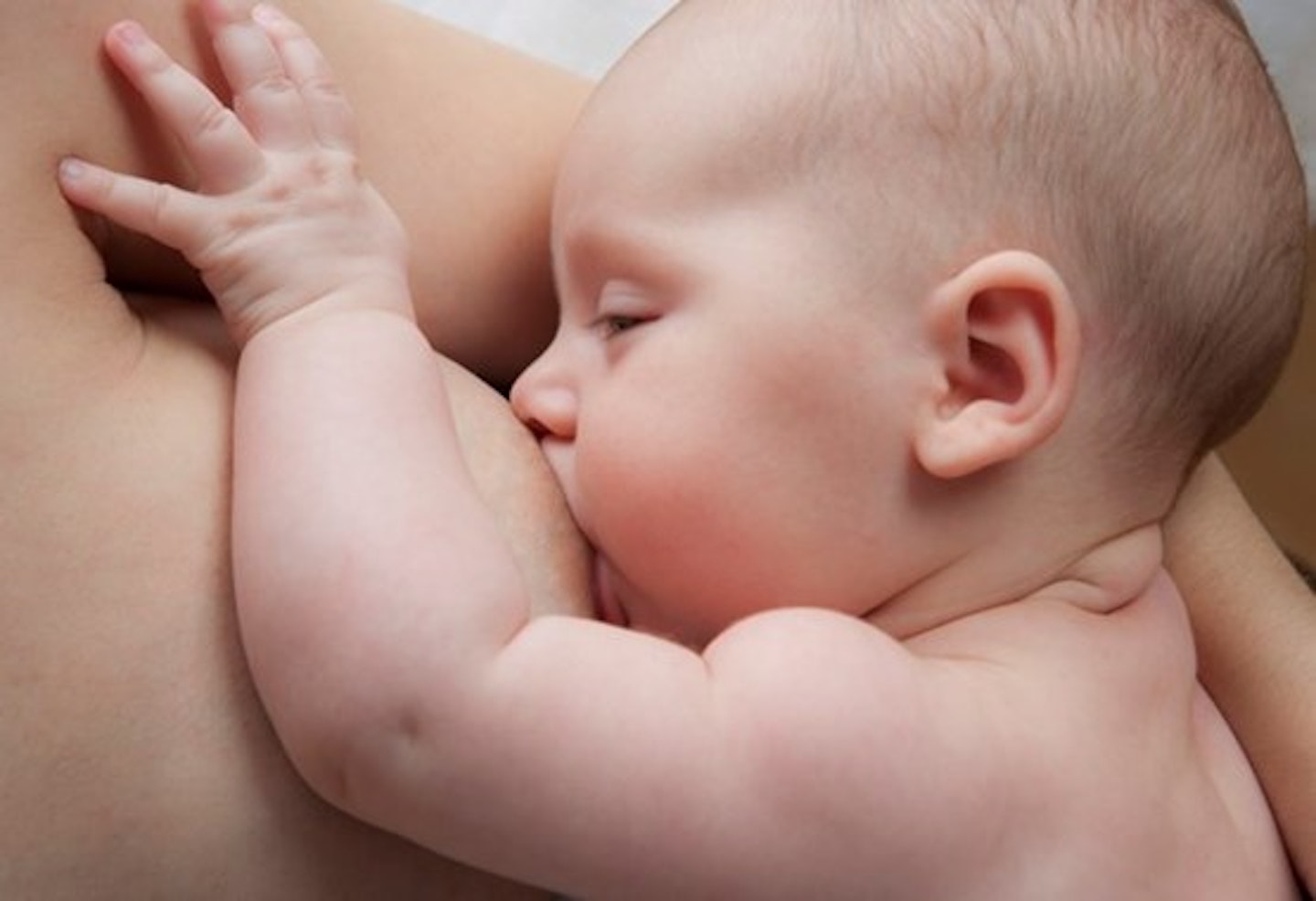 6 of 9
6 of 96) The acrobatic wriggle
You’ll spot this as your baby gets bigger and he somehow manages to twist his body round, hook his leg over your shoulder or start doing press-ups (ok, maybe not the last one), all while still being latched onto your boob.
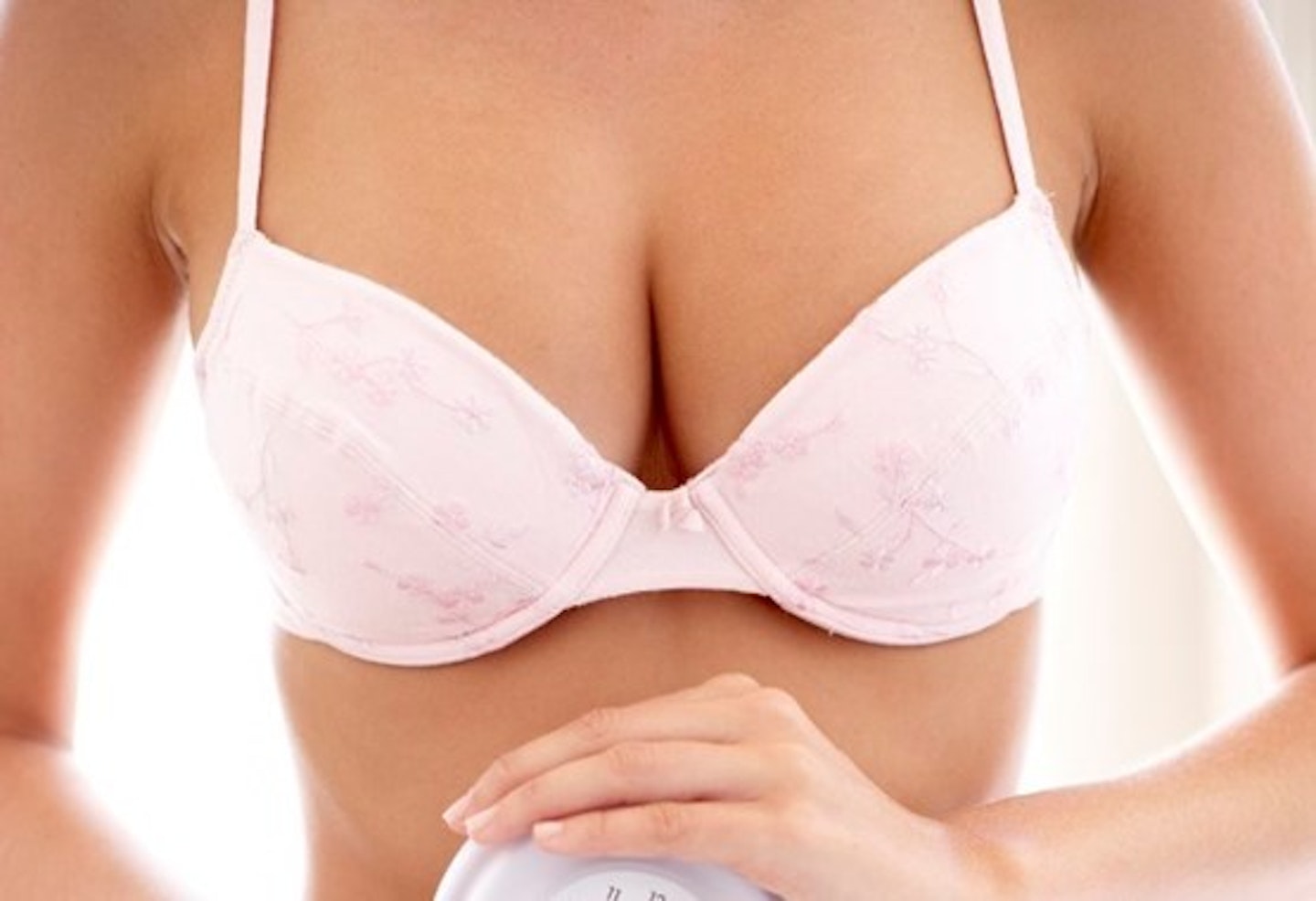 7 of 9
7 of 97) The forgotten boob
Was it right or left you did last time? Uh oh… Sure, there are apps and bracelets to remind you which breast your baby last fed from, but it doesn’t stop you checking to see if one is looking bigger than the other one.
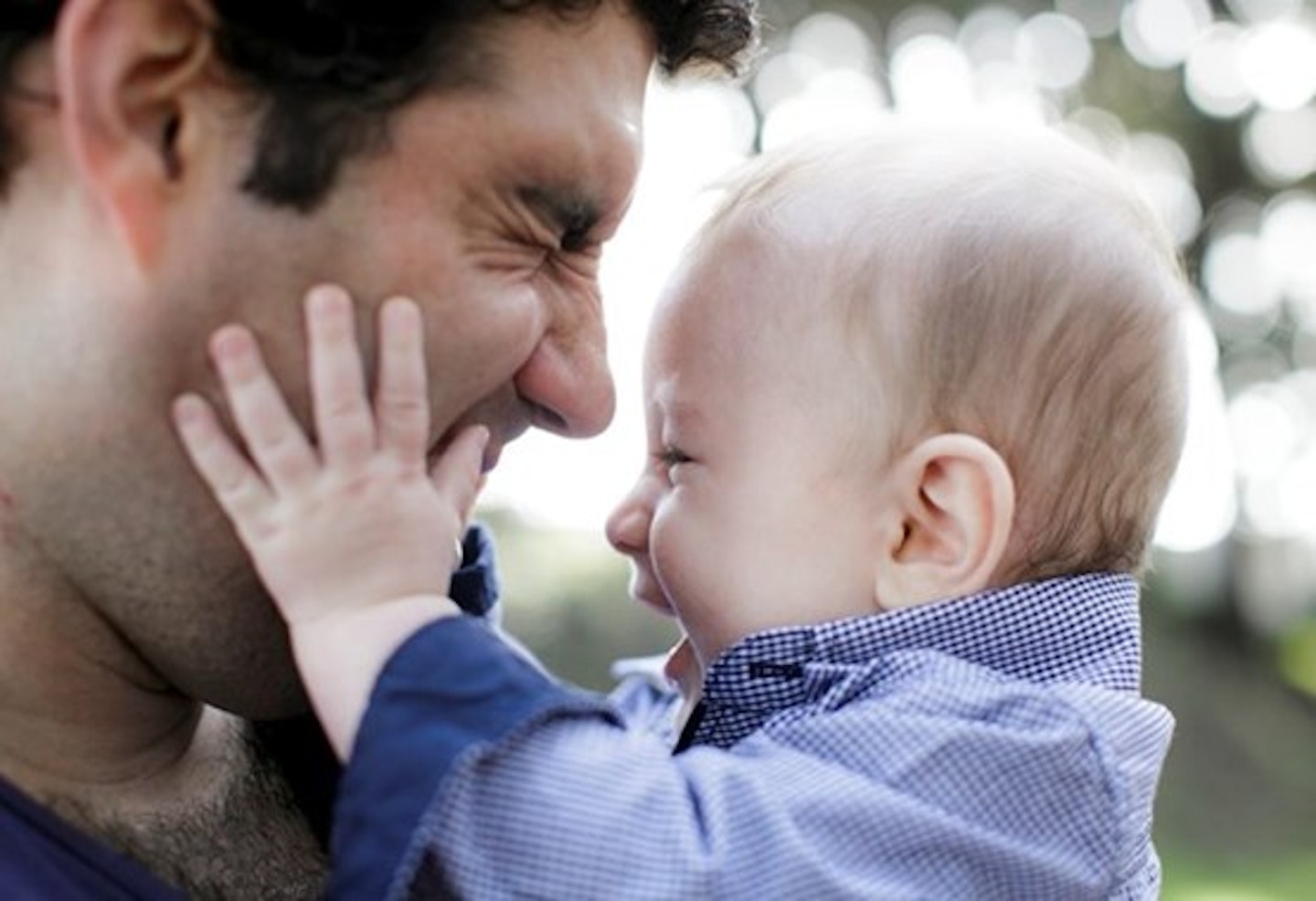 8 of 9
8 of 98) The Dad dive
In fact, this can happen to anyone – it’s when your baby starts rooting for a nipple that isn’t yours when he’s having a cuddle.
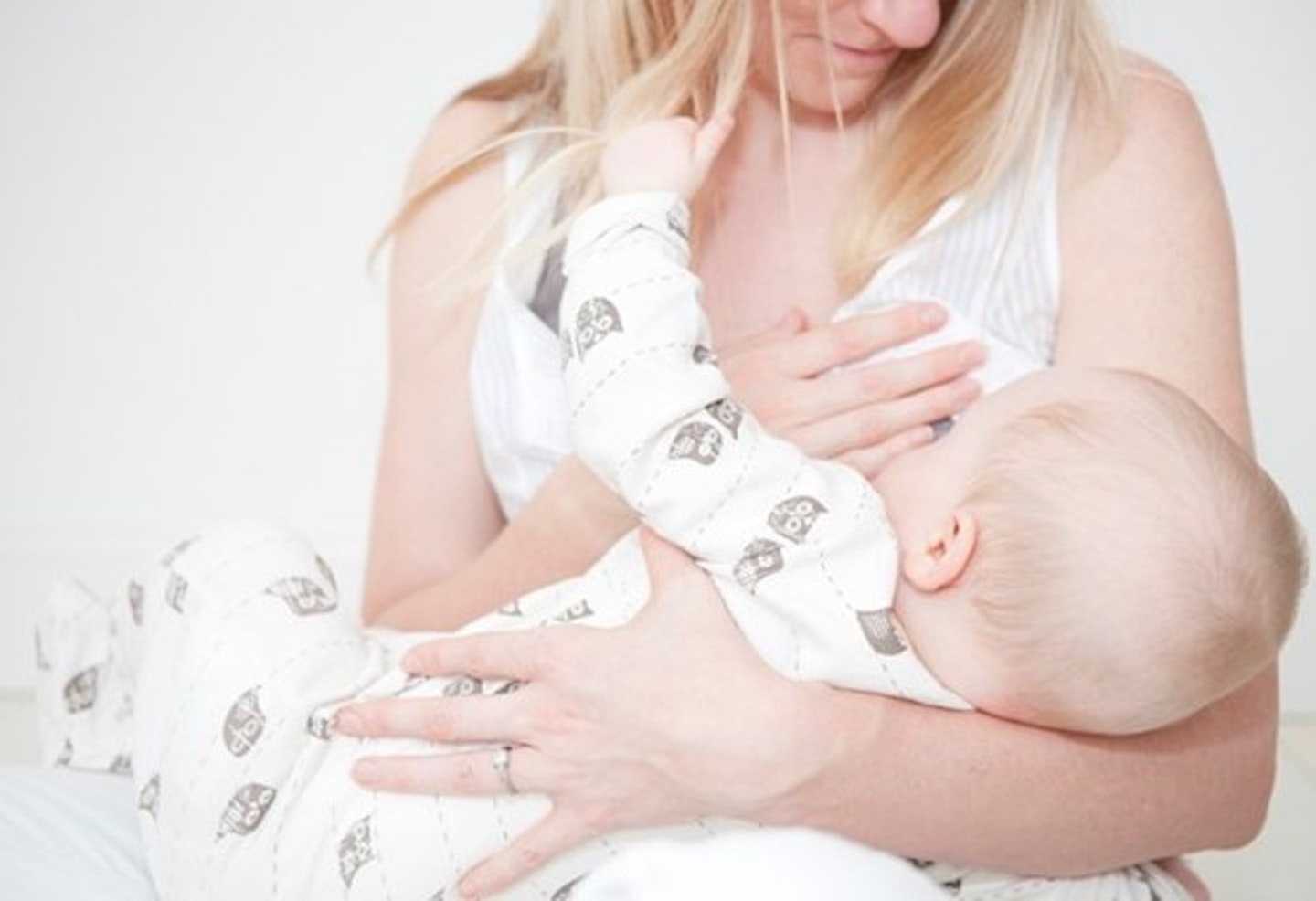 9 of 9
9 of 99) The mid-feed wave
When he’s not prodding your boob, your baby may wave his arm around your face, tap your shoulder, remove glasses and even shove his fingers in your mouth. All part of his multi-sensory exploration experience during feeding, but watch out for the mid-feed accidental hair pull. Ouch.
Have you noticed anything funny while breastfeeding? Let us know on Facebook or [Twitter!]{href='https://twitter.com/MotherAndBaby' }
Now read:
